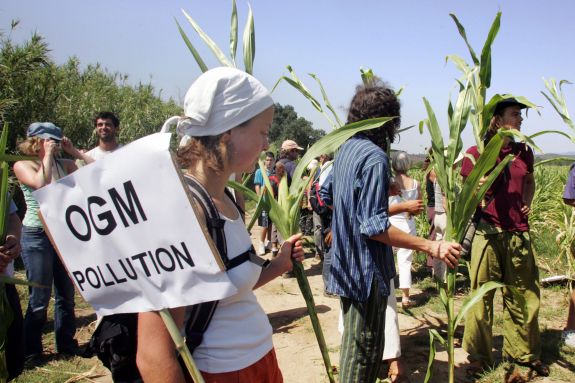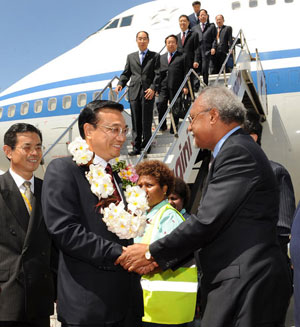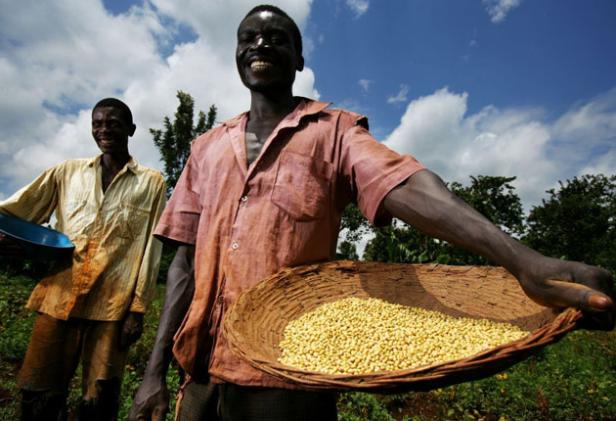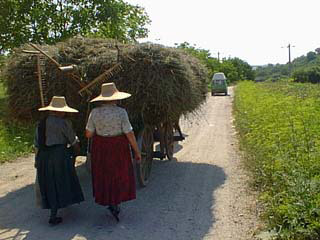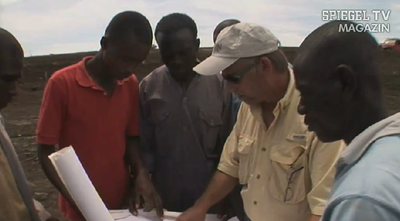Regional Briefing on land access and land acquisitions
- CTA
- 10 September 2010
A CTA Rural Development Briefing in Central Africa on “Land access, land acquisitions and rural development: New challenges, new opportunities” will be held in Yaoundé, Cameroun, on 27-28th September 2010





